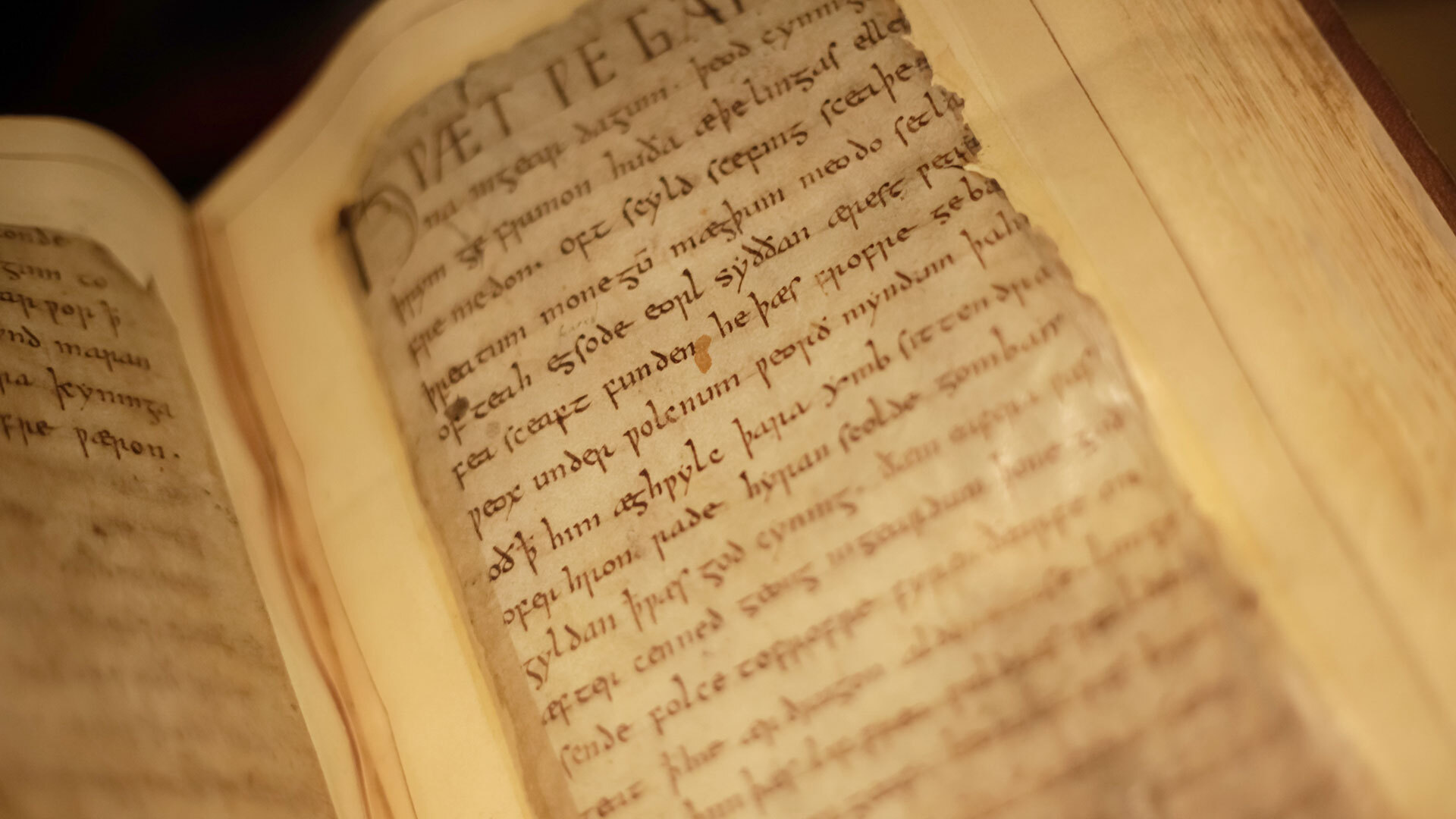The Next Chapter for British Lit at UMD
January 31, 2022

Alum’s bequest aims to create appreciation of classic works in new generations, support the College of Education and Terps from foster homes.
By Jessica Weiss ’05 | Maryland Today
From Beowulf to the Green Knight to Hamlet, the rich offerings of the early British literary canon—a millennium of writing—are foundational to English-speaking cultures and traditions.
Thanks to a planned gift to the Department of English, faculty will introduce these vital works to young and diverse communities through exhibitions, podcasts, plays and other creative initiatives. By making British literature accessible and compelling to the general public, faculty aim to promote the study of the humanities for generations to come.
Christina Farrera ’68, M.A. ’74 has agreed to bequeath her home to the University of Maryland College Park Foundation to establish the Farrera Family Public Humanities Endowed Faculty Support Fund in English. Farrera’s future bequest will also provide for endowed scholarships for undergraduate students in the College of Education and for education students in a dual-enrollment program with Prince George’s Community College who hope to become teachers in the state of Maryland; it also will provide an endowment for Fostering Terp Success, which bolsters students with a history of foster care involvement who are experiencing housing insecurity and lack a supportive family network.
Farrera taught English in Prince George’s County Public Schools for 50 years and has a passion for authors such as Lord Byron, Mary Shelley and William Shakespeare.
“I understand firsthand the transformative power of English literature,” she said. “I am delighted to contribute to furthering the English department’s vision to inspire future generations to appreciate and promote the study of English literature in the name of my family.”
The department has a historic strength in early British literature and boasts faculty known nationally and internationally for their scholarship and outreach.
It also has a longstanding relationship with the Folger Shakespeare Library, the world's largest collection of the printed works of Shakespeare, as well as the library’s scholarly arm, the Folger Shakespeare Library Institute. English faculty and graduate students regularly participate in the library’s seminars and scholarly and public events, and many have been fellows. Professor and Chair of English Amanda Bailey, a noted Shakespeare scholar, is the university’s representative for the institute’s Executive Committee.
The department also has existing partnerships with local and regional institutions including The Phillips Collection, the Library of Congress, Dumbarton Oaks and the Shakespeare Theatre Company—and their respective publics.
Bailey said the gift will advance the department’s efforts to expand literary studies beyond the academy and forge ties to the surrounding community. For instance, the endowment could help faculty start a summer institute in public humanities, or create connections with community colleges or retirees. Faculty could develop a platform on social media for relevant conversations about literature or create public-facing publications and reading groups.
“Engaging, dynamic public programming helps advocate for literary studies and articulate the value of English education and literacy,” Bailey said, “which in turn will inspire generations of students and community members to appreciate, engage in and promote the study of English literature and culture. We cannot imagine the future without first understanding the past.”
Professor Tita Chico, a scholar and teacher of British literature of the “long 18th century,” a timeframe used by many academics that runs from 1688 to 1815, said studying the “ideas and imaginations” of earlier times also helps us understand the present. Chico currently leads the department’s Center for Literary and Comparative Studies’ Antiracism Series, a series of conversations now in its second year that brings together scholars, teachers, students and writers from the U.S. and abroad.
“In many ways—with regards to human rights, racism, capitalism, Indigenous rights and more—the long 18th century is not over,” Chico said. “So many of our current crises reflect an urgent need for the explanatory power of humanities scholarship. This is how we can imagine ourselves into a more just community.”
Photo of "Beowulf" text courtesy of iStock.

